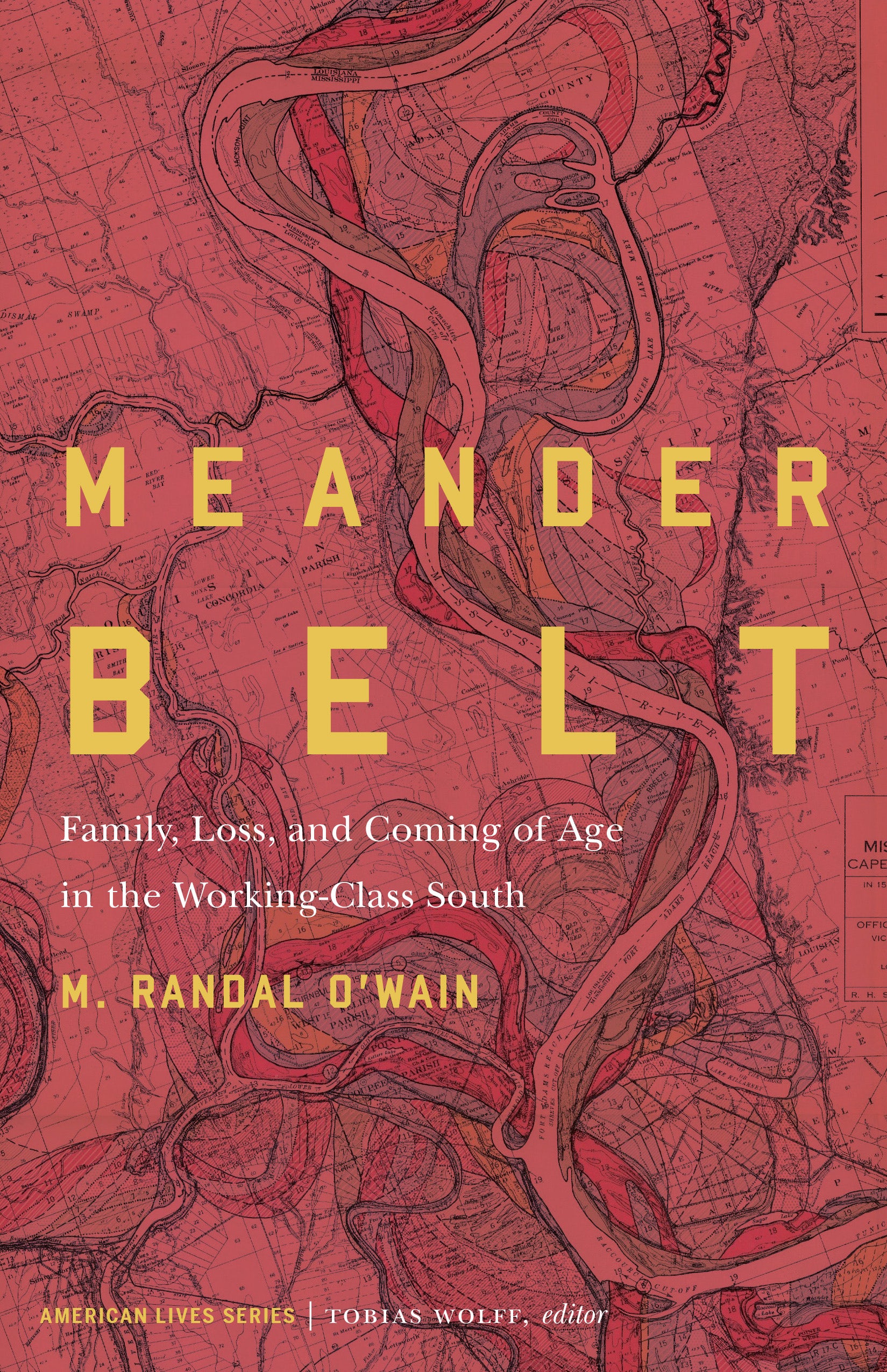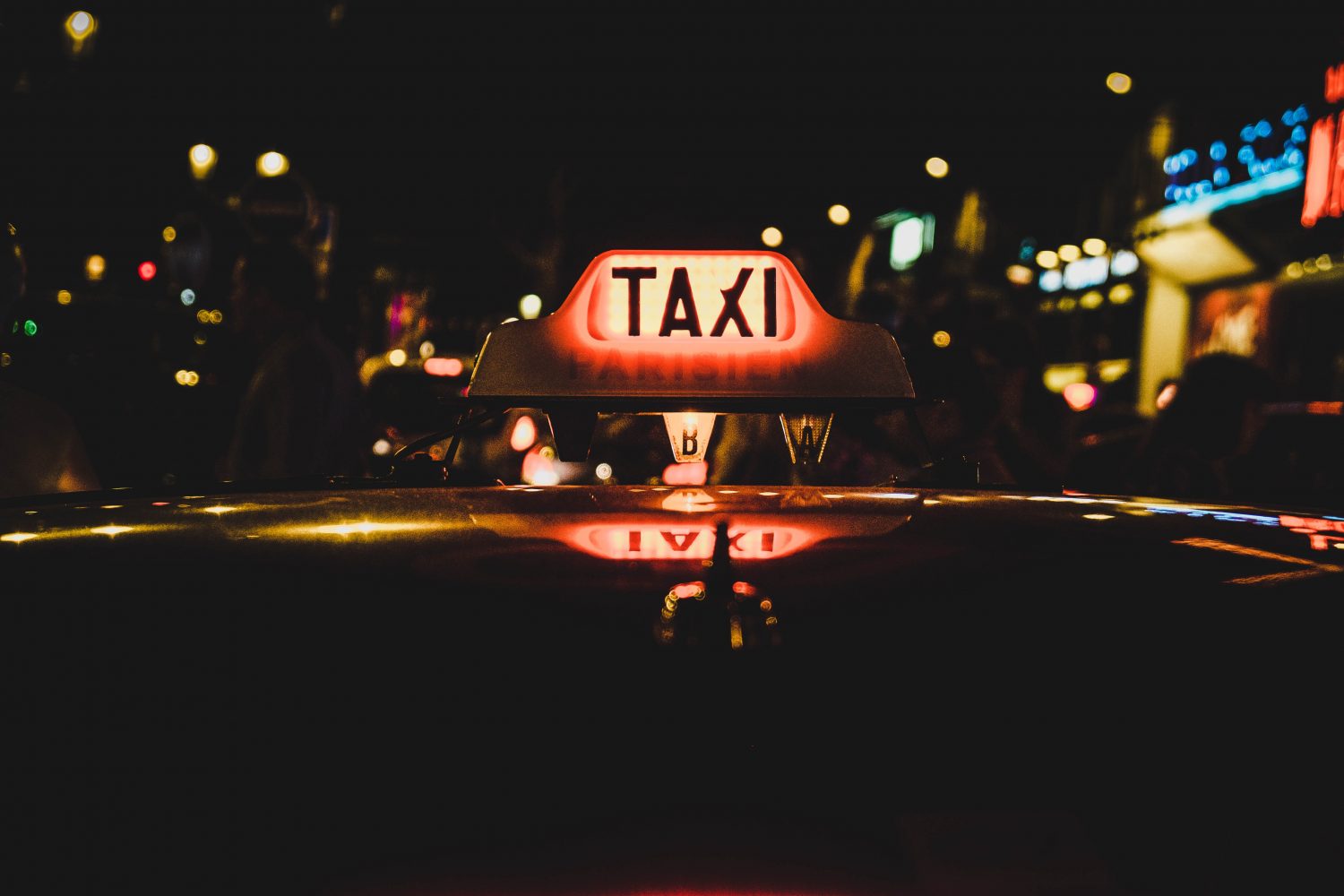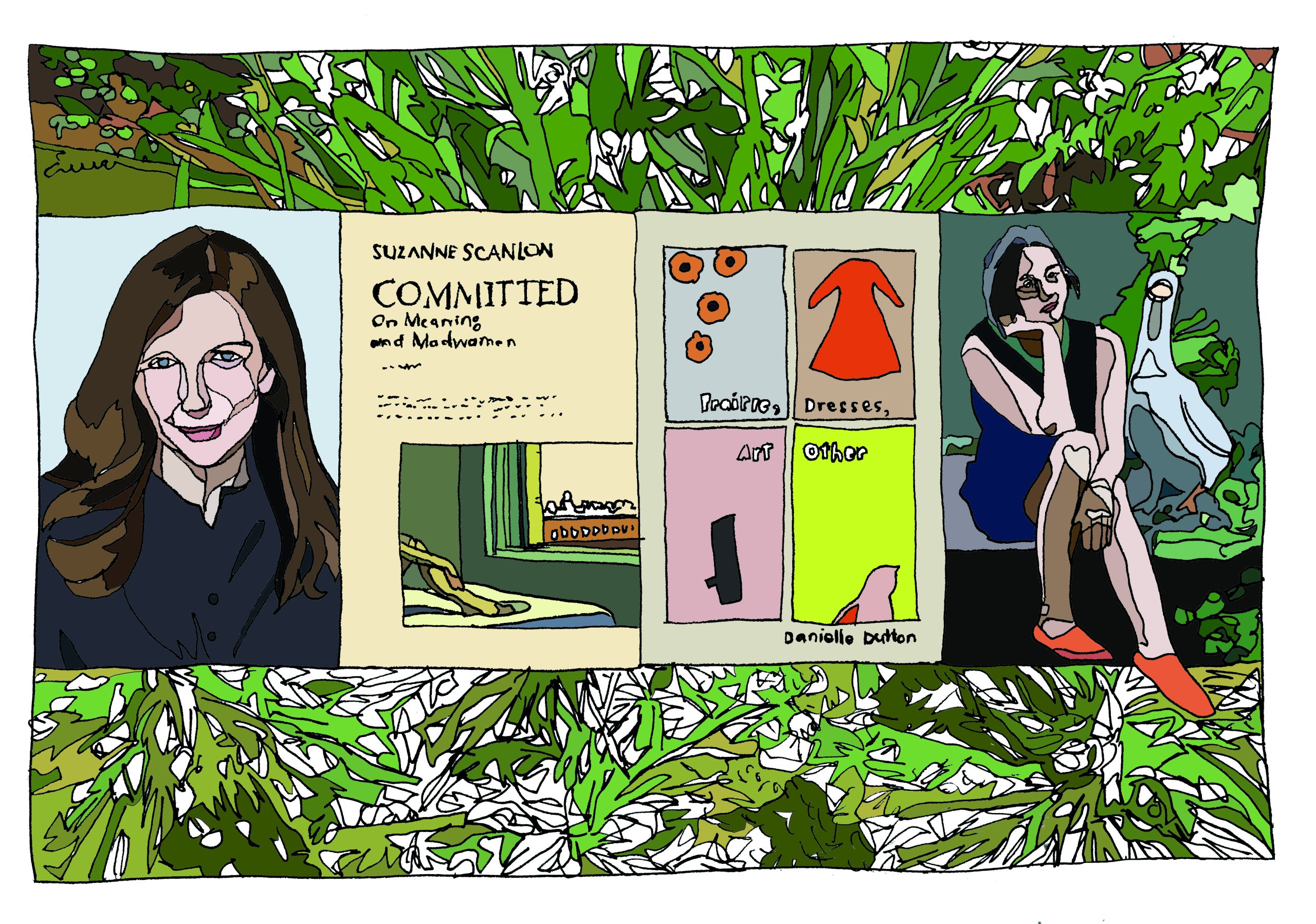interviews
What People Get Wrong About Working-Class America
Randal O’Wain talks about labor-lore, becoming a coastal elite, and his memoir "Meander Belt"

Publishing has come a long way in the past few years, with acknowledging its shortcomings in gender, race, and sexual orientation. The industry, however, doesn’t seem to have put much focus on class. Meander Belt, M. Randal O’Wain’s debut memoir, which was published this month by Tobias Wolff’s American Lives imprint at the University of Nebraska Press, is a perfect example of a remedy.

The book charts O’Wain’s early life, growing up in a ramshackle house in inner-city Memphis that is constantly under construction, raised by his carpenter father and a mother who was handicapped by polio. As a teen, he moves away from his family, to try and break away from what is expected of him as a son of working-class parents.
Through these events, O’Wain deftly parses the larger cultural forces that shaped his youth—the heavy thumb that is family, class, place, and tradition. The result is something that straddles the line between the intimacy and immediacy of someone simply telling their story, and the perspicacity of the best cultural criticism. It’s a tender, funny book with a clear vision and a true heart—I cried three times.
I spoke with Randal O’Wain about class, misconceptions, and his former life as a musician via email.
JE: The subtitle to your book includes the phrase “Working-Class South.” Would you describe your upbringing as “working-class”? What does that phrase mean to you?
MRO: The summer I turned fifteen, I was already a public school dropout, and my father put me to work cleaning up at construction sites while his crew did the skilled-labor. When I wasn’t working, I walked the streets of midtown Memphis. I met a homeless man named Father John. He was not a priest. He was paranoid schizophrenic and the Bible helped him stay locked into one frequency. One day, I saw Father John near my house. He looked so tired with his Bible and threadbare suit. I invited him to stay in my father’s engine-less Wonder Bread truck my friends and I used as a clubhouse (if kids who are fucking and doing drugs nightly can still have a clubhouse). I was afraid to tell my parents because I didn’t want them to refuse Father John. I happened to be home when my father found this strange black man leaving the backyard. I explained the situation and my mother made him dinner and gave him blankets, a pillow.
I knew that I would have to break from family if I wanted to make manifest the person I wished to be: a person who wrote books and went to college.
I haven’t thought about Father John in years, but I think about him now because it was always so important for my parents that I learn to be generous with those in need. My parents had never witnessed the benefits of college firsthand—I am the first person in my family to earn a degree—but we followed an old-world code of loyalty without question, labor as pure income, family as essential knowledge. This code is what working class identity means to me and I knew I would have to leave it behind, even before I found myself walking the streets of midtown without a knowable future. I knew that I would have to break from family if I wanted to make manifest the person I wished to be in my imagination: a person who wrote books and went to college. It is a heartbreaking choice to have made, no matter how necessary, especially in light of my father’s death.
JE: Personally, I grew up in California, went to school in New York, and have lived in West Virginia for the past five years. One thing that I’ve been confronted with, over and over again, during these past five years, is how ridiculous my ideas about the types of people who live in mostly rural, mostly “working class” areas really were. What are some things that people get wrong about working-class America?
MRO: What people often get wrong—pure and unabashed speculation here—is equating working class with what is actually the image of the bourgeoisie: driving expensive trucks, white people with faces that are somehow pasty and pink; or they imagine a nightmarish conflation of need and addiction. Working class folks, at least my family, are extremely private and insular and the phrase “We are all you have. We are all you will have in the end,” hangs above the bricked-up fireplace next to a plaque that reads: “What Can Go Wrong Will Go Wrong.”
When labor is your 9-to-5, the focus on survival narrows—red state or blue—onto family. This labor-lore is inherited from fathers and mothers and then imparted onto children. I mean, you might have a drunk uncle or uptight cousin who talks about the border or tax brackets, but this focus on national affairs belongs to people with something to lose from the system they benefit from and laborers, especially without representation, are often at odds with the system. Example: my father was fired from his job as foreman at a construction firm when discs in his spine slipped on the job. No severance. He had to sue in order to get his medical bills paid. Labor was his only resource, and his body was our trust fund.
JE: Conversely, what is something you wish outsiders—or, if we were to put it in media speak, then let’s call them “coastal elites” —knew about life in these regions?
MRO: It’s funny, but I think I am by association one of these “elites.” I’ve lost my southern accent and I now have two degrees and spend a lot of time speaking in teacher voice. When I go to the gas station in Alderson, West Virginia, and say hello to someone, they look at me like I’m an asshole. When I’m back in Memphis and meet a stranger, they inevitably ask what I’m doing there. This doesn’t change my connection to the Deep South, but in terms of belonging, I often feel as if I’ve been kicked out of the club.
But my favorite thing about West Virginia and Memphis is that there is a love for where you come from and a desire to maintain historical memory. The narrative upheld by the coasts is one of transience (of which I am a product), one of stylistic mobility where wealth provides the right clothes, the right books, the right loft, the coffee shop, and the microbrew, but does not concern itself with longevity or sustained livelihood. What is lost in this trade are roots and the pride of toughing it out at home. I often feel sorry for generations of locals from Brooklyn and Oakland, working class families and immigrants who have been displaced by people who have left the suburbs of Illinois or North Carolina to collect culture as if a city-scape, a loft, or metro ride to the art gallery could ever erase the suburban flight of fearful, but wealth-driven parents. I’m not concerned with what “coastal elites” think about the South because they are often not truly “coastal,” as I am not truly “elite.”
JE: I’ve noticed, though, that oftentimes city people seem to almost fetishize “authenticity,” in terms of microbrews, coffee, various cuisines, and certain characteristics about the background of an artist or businessperson, etc. Do you think that is related to this “transient narrative”?
MRO: This question sparks a lot of feelings. When I was growing up, the major intersection near my house included a used car lot, a Chinese restaurant, a canning factory, and vacant lots. My father worked for a contracting firm (for the same man who fired him after his injury) that was given urban renewal incentives, and soon one vacant lot became a Mexican restaurant, the used car lot became a bank, the unused factory became storefronts, the Chinese restaurant turned into a fine-dining spot. All of these changes were actually a lot of fun when I was a teenager. Eventually, I saw my first show—Oblivions—on the corner where my father helped build a concrete gazebo.
Labor was my father’s only resource, and his body was our trust fund.
With all of these changes, changes that my father had overseen as foreman, came higher property taxes. The ultimate goal of urban-renewal was achieved. The working-class homeowners were priced out. My father was forced to sell the family home he owned after money tightened once he’d lost his job.
But to return to your question, I think the word “transient” was a poor choice on my part; what is being sought is not movement, but a material-relationship to culture, or, you know: Hip stuff. Hip-stuff has a catalogue with pictures of cafes and bars, hip-stuff includes condos with earth-tones in reds and greens, it has a television series and a podcast . Places like Portland and Asheville are now Myrtle Beach or Gatlinburg, but for people who like beer, coffee, and most recently, throwing hatchets. The families who lived in modest working-class homes on the west coast now live in tents along residential streets because they cannot afford housing. This does not feel like capital-C-culture, but instead a fad that was fabulously marketed to people who are not artists, but want to be around artists; people who are not musicians but want to be around musicians.
I am a hypocrite. The only difference between the gross generalizations I am making about others and myself is that I was first-wave gentrification (unwittingly, of course) in places like Portland and Asheville, and I was later priced out with other musicians, writers, and artists when these areas became playgrounds.
JE: One of the things the book covers is your eventual turn from a musician to a writer. I’ve always been confused by and jealous of musicians. If you’re in a band, you’re collaborating with other people, in a medium that is meant to be shared with an audience. Writing, on the other hand, is done alone, and books are generally consumed alone. Readings are such a strange outlier, in that you take a solitary work and share part of it with an audience. Do you ever miss the collaborative elements that come with making music? Did performing in a band teach you anything about doing readings?
MRO: I really miss being a musician. I started touring in bands when I was sixteen and stopped when I was thirty-one. I loved going to practice two nights a week. I loved recording and making records. I loved living in a van for weeks at a time. But my favorite part was playing live shows and flailing around on stage, dripping sweat, and permanently damaging my hearing. But, truthfully, I was always so nervous that I never turned around when playing. I don’t think I began to feel comfortable playing with my face to the audience until my last tour.
At a reading, it is just you and so you have to own awkwardness in a different way. It would be awkward to read backwards.
I quit playing music. I realized I was not getting better at the guitar. My dear friend who passed away recently, the novelist Katherine Min, told me years ago that I had to choose. She said it was hard enough to do one thing well in a lifetime, let alone two. This off-handed comment stuck with me and I made the choice to move my creative efforts from music to writing. I still play air-guitar quite a bit. Most recently, I’ve been air-jamming with Reigning Sound and Neurosis.








